- Author Jason Gerald gerald@how-what-advice.com.
- Public 2023-12-16 10:50.
- Last modified 2025-01-23 12:04.
There are many apps available for Android on the Google Play Store, but there are many more available if you try to install the app manually. Android devices can install apps from any source if the proper settings are enabled. Be careful when you download apps from obscure places on the internet; there is a greater risk for your device to be exposed to adware or viruses.
Step
Part 1 of 3: Enabling Manual Installation
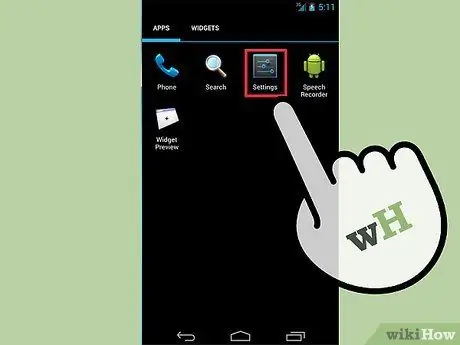
Step 1. Open the Settings app on the Android device
By default, Android devices cannot install apps from sources other than the Google Play Store (or the Amazon App Store for Kindle devices). To install apps manually, you must allow your device to install apps from other sources.
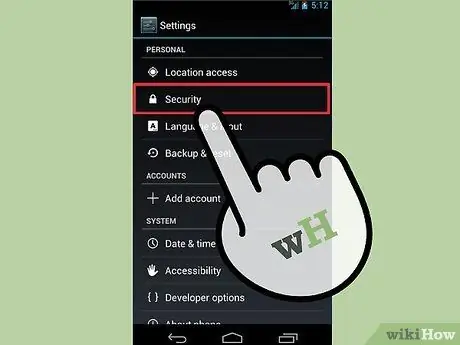
Step 2. Tap on "Security"
The Security menu will open.
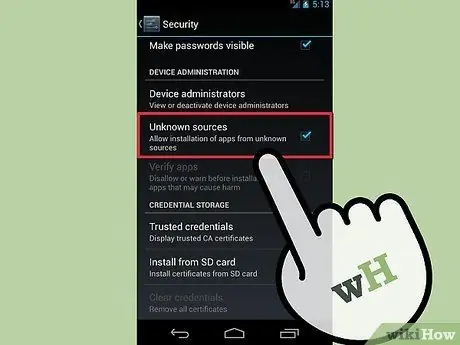
Step 3. Scroll down and check the "Unknown sources" box
Tap "OK" to confirm that you want to enable it.
Amazon Kindle users should go to "Settings" → "More" → "Device" → "Allow Installation of Applications"
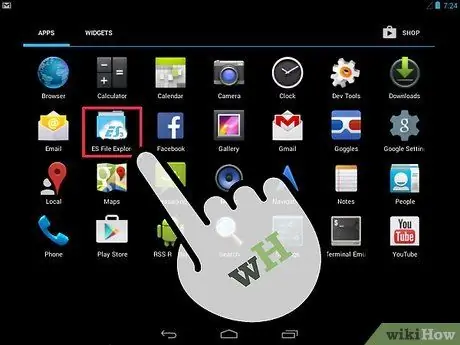
Step 4. Download a file manager app
You will need a file manager application to select the APK (program installer) files stored on your device. You can find a wide variety of file manager apps for free on the Google Play Store or Amazon App Store. Here are some popular free file manager apps:
- ES File Explorer
- ASTRO File Manager
- File Manager (Explorer)
- Cabinet (Beta)
Part 2 of 3: Finding APK Files
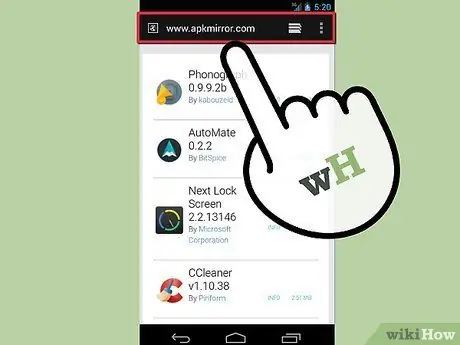
Step 1. Download the APK directly into the device
APKs are packages of Android program installer files, and are the most common way to install applications. Many websites contain APK files, and you can download them directly to your device, without going through the Google Play Store.
- There are tons of sites that host APK files, from private app developer websites to dedicated app-sharing communities. One of the most popular APK sites is APK Mirror (apkmirror.com), which houses many popular free apps, including older versions.
- Make sure that you download the APK from a trusted source. Installing APK files of unknown origin can leave your device and information vulnerable to hacking. Avoid sites that offer you to fill out surveys or offer paid apps for free.
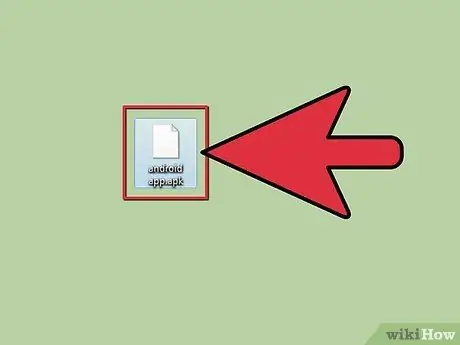
Step 2. Copy the downloaded APK from your computer to your device
You can download (or create your own) the APK file on your computer and then copy it to your device.
You can copy the APK file to your device by connecting it to your computer via a USB cable and copying the APK file into an easy-to-access location
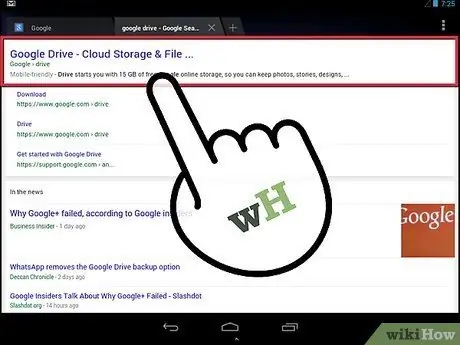
Step 3. Upload the APK file into the cloud service storage space
Another way to always have access to the APK files you need is to upload them to the storage space of a cloud service like Google Drive or Dropbox. After that, you can download the required APK onto your device.
- Click here for a guide on how to use Google Drive
- Click here for a guide on how to use Dropbox.
Part 3 of 3: Installing the App
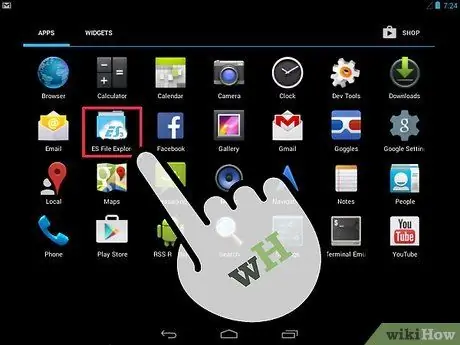
Step 1. Open the file manager app you installed earlier
The app will list all the files and directories of your Android device and SD card (if any are installed).
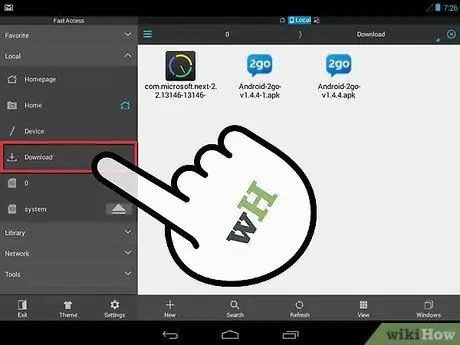
Step 2. Go to the location of the APK file that you want to install
APK files can be in different places, depending on how you got them.
- If you download an APK from a website, it will usually be stored in the Downloads directory.
- If you copy the APK from your computer, the file will be where you pasted it (pasted). If you just click and drag it to the Android icon on your computer, the file will be in the root directory.
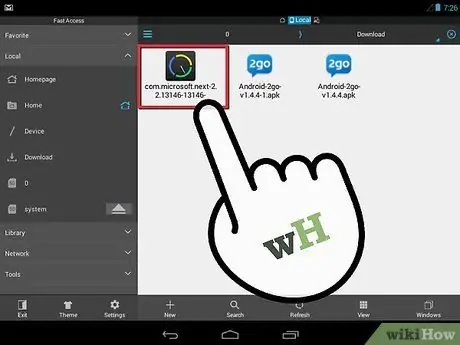
Step 3. Tap APK
The application installer program will open.
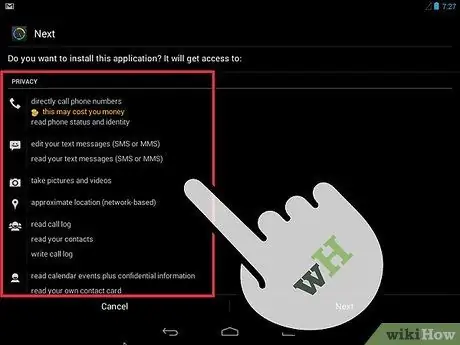
Step 4. Review the required permissions
Before the application is installed, you will see a list of services that the application will access. It is important that you review the services used to protect yourself from malicious application developers; there is no reason whatsoever for the flashlight app to access your contacts!
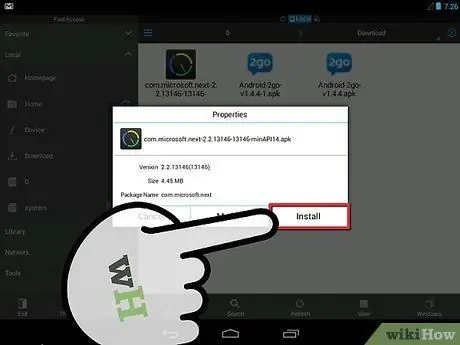
Step 5. Tap "Install" to install the app
The app will be installed automatically, and the app icon will be added to the home screen automatically. You can tap the "Open" button to open it directly.
Warning
- Never download apps from unfamiliar websites, and avoid sites with misleading buttons and lots of ads.
- Downloading paid apps for free is considered app piracy in most areas.






